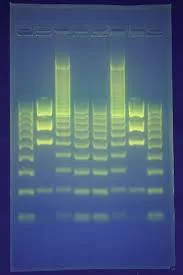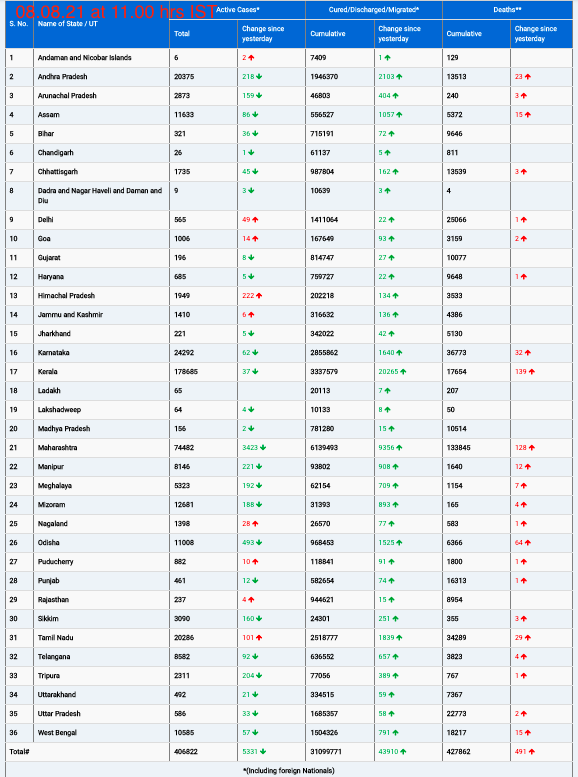
New Delhi, January 17, 2024
The Supreme Court, headed by Chief Justice of India D.Y. Chandrachud, issued a notice on Tuesday in response to a Public Interest Litigation (PIL) that advocates for the establishment of DNA data banks dedicated to unidentified dead and missing persons. The bench has called for responses from the Union government, the National Crime Record Bureau (NCRB), and other concerned parties within a six-week period. The matter is scheduled to be heard again by the apex court on March 1.
Advocate K.C. Jain filed the PIL, emphasizing that approximately 40,000 unidentified or unclaimed dead bodies are discovered annually in the country. The plea highlighted that DNA profiling of such bodies could be instrumental in matching them with missing persons and facilitating their traceability.
“The absence of DNA profiling facility exacerbates the plight of over 300,000 missing individuals, particularly women and children, and hampers the identification of numerous unidentified corpses,” the plea stated.
This move comes in the wake of a crisis involving missing persons, and the lack of a robust system for identification has been a longstanding concern. The petitioner contends that the establishment of DNA data banks would significantly aid in addressing this issue and providing closure to families searching for their loved ones.
In 2018, the Supreme Court had disposed of similar pleas after the Union government assured the introduction of legislation for DNA profiling. However, in a surprising turn of events in July 2023, the government withdrew the re-introduced DNA Technology (Use and Application) Regulation Bill.
The PIL argues that the withdrawal of the Bill by the government, despite its earlier commitment, perpetuates a state of ambiguity and inaction concerning missing persons and unidentified bodies. The petitioner urges the Supreme Court to intervene and ensure the establishment of a comprehensive DNA profiling system, which could serve as a crucial tool in resolving cases involving missing individuals and unidentified remains.
The upcoming hearing on March 1 is anticipated to shed further light on the trajectory of this significant legal development. The establishment of DNA data banks could potentially transform the landscape of addressing missing persons’ cases and bring solace to countless families awaiting closure.










